How VPNs Protect Your Online Privacy
Overview: In today's digital age, protecting your online privacy is more important than ever. Virtual Private Networks (VPNs) are powerful tools that help keep your internet activity secure and private. This article explores how VPNs work, compares two popular options—Proton VPN and Express VPN—and highlights other essential online privacy tools.
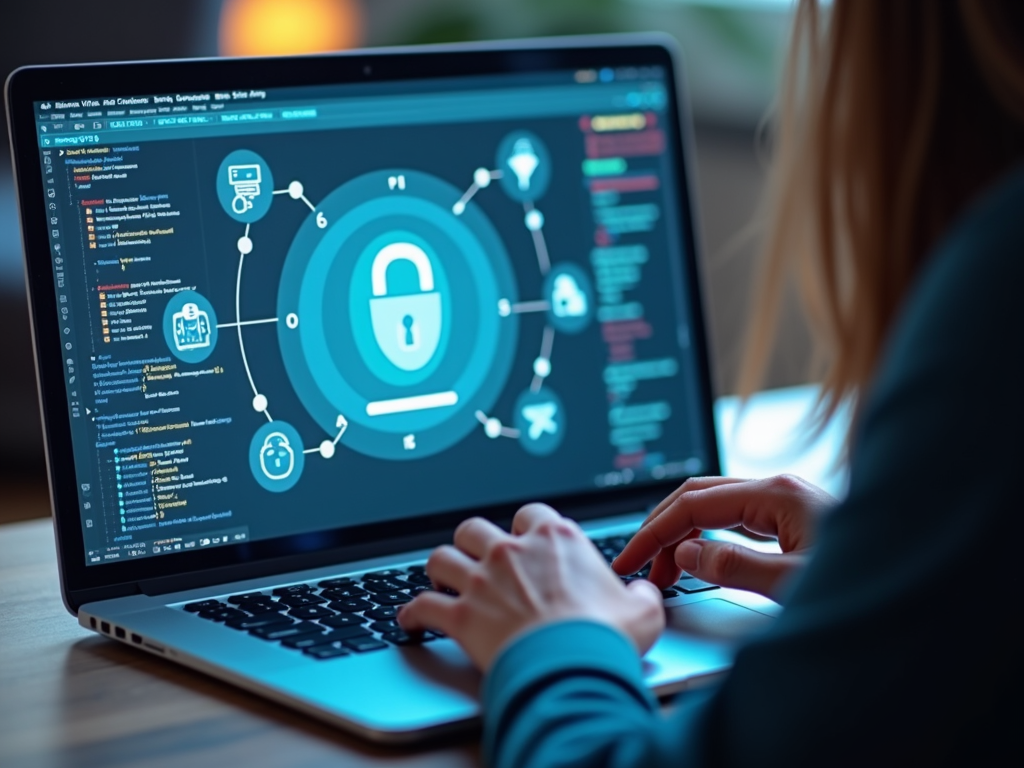
What is a VPN and How Does It Work?
A VPN, or Virtual Private Network, is a service that creates a secure, encrypted connection between your device and the internet. When you connect to a VPN, your internet traffic is routed through a remote server operated by the VPN provider. This process masks your IP address and encrypts your data, making it difficult for third parties—like hackers, internet service providers (ISPs), or government agencies—to monitor your online activities.
Here's how it works in simple terms:
- Encryption: Your data is encrypted before it leaves your device, turning it into unreadable code.
- Tunneling: The encrypted data is sent through a secure "tunnel" to the VPN server.
- IP Masking: The VPN server assigns you a new IP address, hiding your real one.
- Decryption: The VPN server decrypts your data and sends it to the intended website or service.
This process ensures that your online activities remain private and secure, even when using public Wi-Fi networks.
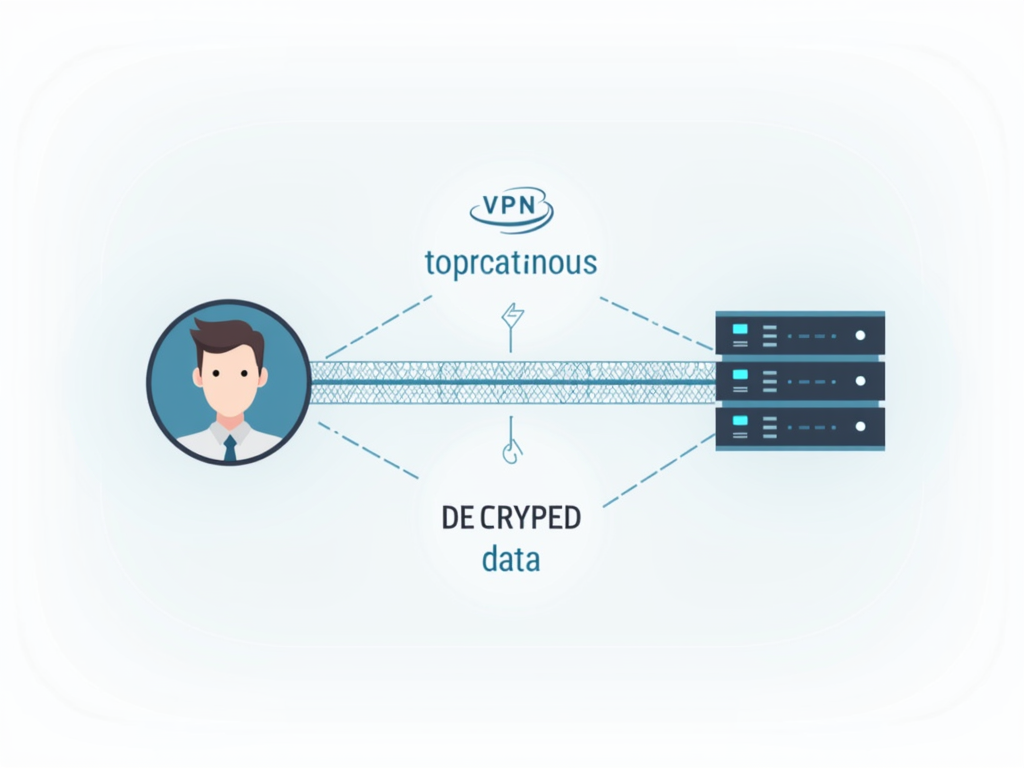
Why Online Privacy Matters
Online privacy is crucial for several reasons:
- Personal Security: Protecting your personal information from cybercriminals who might use it for identity theft or fraud.
- Freedom of Expression: Ensuring you can browse and communicate without fear of surveillance or censorship.
- Data Protection: Preventing companies from collecting and selling your browsing data without your consent.
In a world where data breaches and privacy violations are increasingly common, taking steps to protect your online privacy is essential. VPNs are a key tool in this effort, but they're not the only one.
Proton VPN vs Express VPN: Which is More Secure?
When it comes to choosing a VPN, security is a top priority. Let's compare two popular options: Proton VPN and Express VPN.
Proton VPN: - Security Features: Offers strong encryption (AES-256), a no-logs policy, and features like Secure Core, which routes traffic through multiple servers for added security. - Privacy Focus: Based in Switzerland, known for its strong privacy laws. - Free Version: Provides a free tier with limited features, making it accessible for users on a budget.
Express VPN: - Security Features: Also uses AES-256 encryption, has a strict no-logs policy, and includes a kill switch to protect your data if the VPN connection drops. - Speed and Performance: Known for its fast speeds and reliable performance, making it ideal for streaming and gaming. - Global Server Network: Offers a vast network of servers in 94 countries, providing more options for bypassing geo-restrictions.
Both VPNs are highly secure, but they cater to different needs. Proton VPN is great for users who prioritize privacy and want a free option, while Express VPN is better for those who need speed and a wide server network.
For more detailed comparisons, check out this VPN security comparison guide from a reputable academic source.
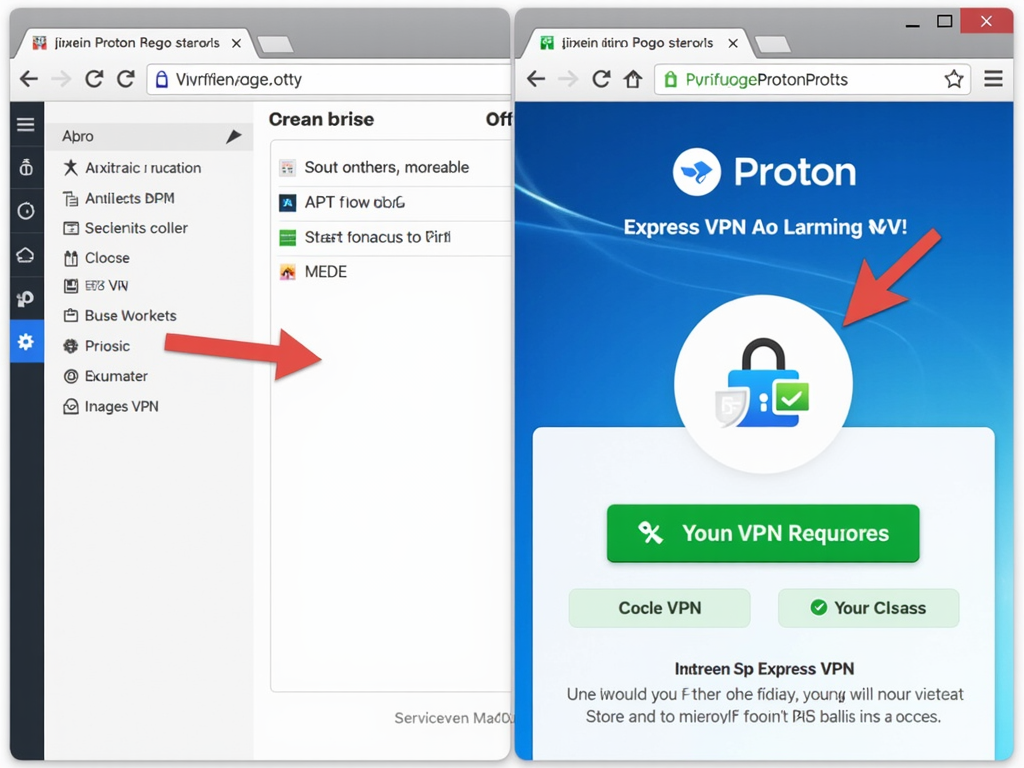
Other Essential Online Privacy Tools
While VPNs are powerful, they're not the only tools you should use to protect your online privacy. Here are some additional tools and practices to consider:
- Password Managers: Tools like LastPass or 1Password help you create and store strong, unique passwords for all your accounts.
- Two-Factor Authentication (2FA): Adding an extra layer of security to your accounts by requiring a second form of verification.
- Ad Blockers: Extensions like uBlock Origin can prevent trackers from following your online activity.
- Encrypted Messaging Apps: Apps like Signal or Telegram offer end-to-end encryption for your communications.
Combining these tools with a VPN can significantly enhance your online privacy and security.
How to Choose the Right VPN for You
Selecting the right VPN depends on your specific needs. Here are some factors to consider:
- Security Features: Look for strong encryption, a no-logs policy, and additional features like a kill switch.
- Speed and Performance: If you stream or game, choose a VPN known for its speed.
- Server Locations: More server locations mean better options for bypassing geo-restrictions.
- Price: Consider your budget, but remember that free VPNs often come with limitations.
For a comprehensive guide on choosing a VPN, visit this VPN selection resource from a trusted organization.
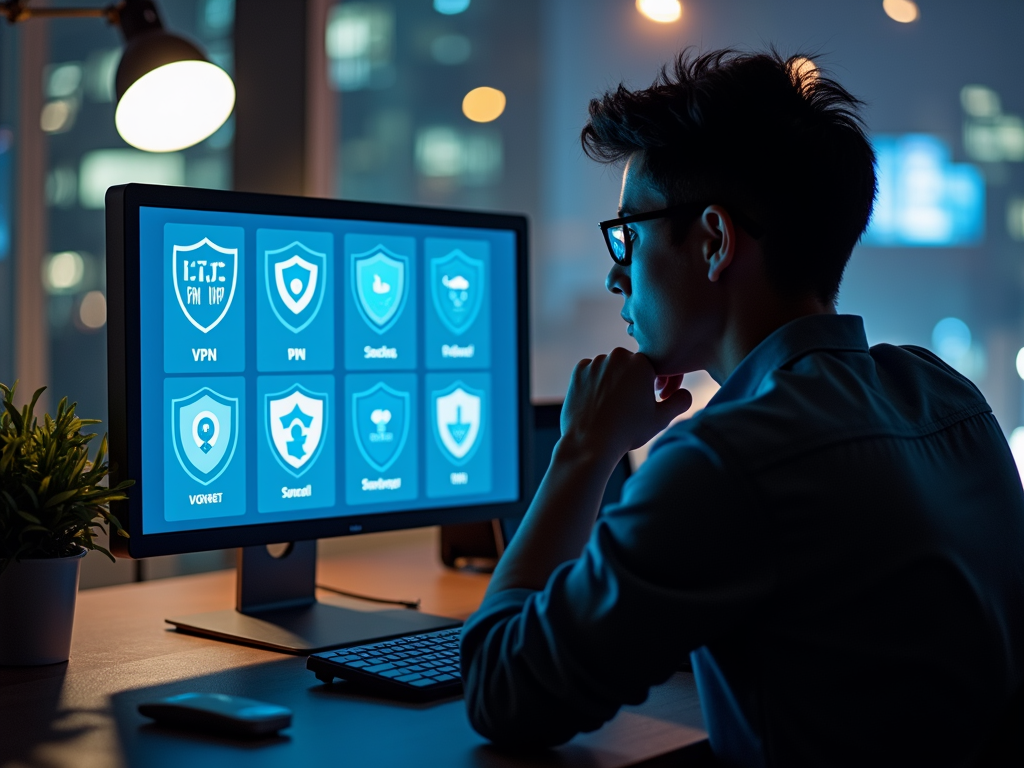
Common Misconceptions About VPNs
There are several myths about VPNs that can lead to misunderstandings:
- VPNs Make You Completely Anonymous: While VPNs enhance privacy, they don't make you entirely anonymous. Your VPN provider can still see your activity.
- All VPNs Are the Same: VPNs vary widely in terms of security, speed, and features. It's important to choose a reputable provider.
- VPNs Are Only for Tech-Savvy Users: Modern VPNs are user-friendly and can be used by anyone with basic computer skills.
Understanding these misconceptions can help you use VPNs more effectively.
The Future of Online Privacy
As technology evolves, so do the threats to online privacy. Emerging technologies like quantum computing could potentially break current encryption methods, making it crucial for VPN providers to stay ahead of the curve. Additionally, increasing global regulations around data privacy, such as the GDPR in Europe, are shaping how companies handle user data.
Staying informed about these developments is key to maintaining your online privacy. For more insights, read this article on future privacy trends from a leading tech expert.
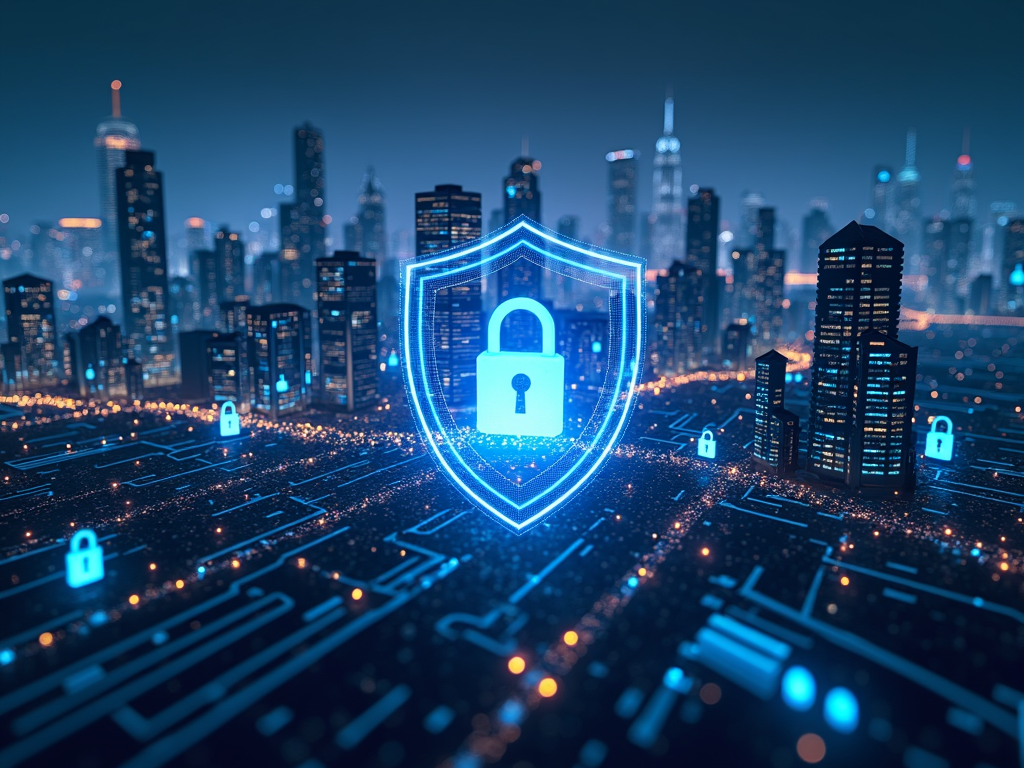
Summary: VPNs are essential tools for protecting your online privacy by encrypting your data and masking your IP address. While both Proton VPN and Express VPN offer strong security, they cater to different needs. Complementing your VPN with other privacy tools like password managers and 2FA can further enhance your security. As technology and regulations evolve, staying informed is crucial for maintaining your online privacy.